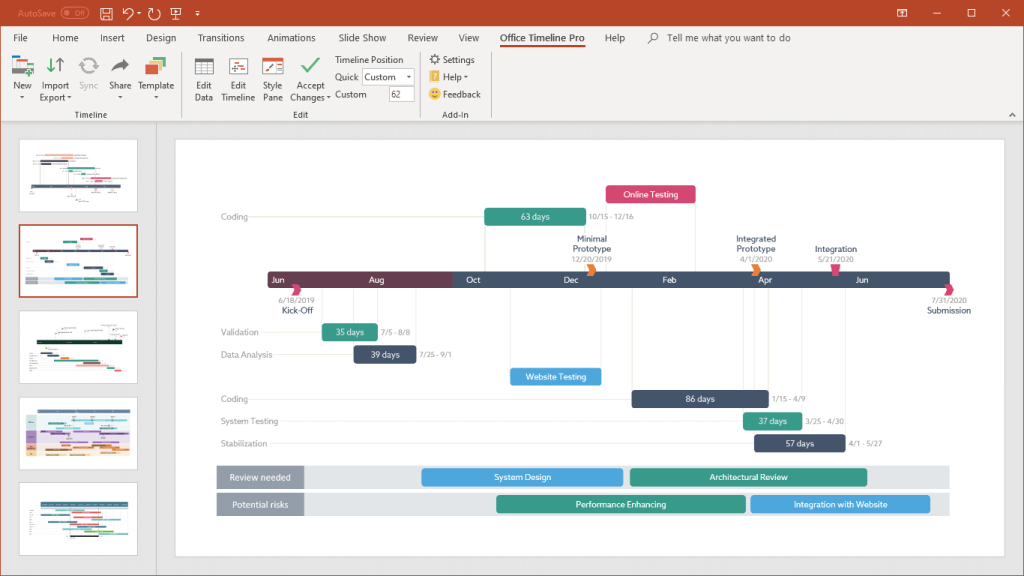
Communication is the very foundation of business. Effective communication is a powerful tool and differentiator for anyone working on a project. It can inspire colleagues, motivate teams, influence executives and reassure clients, all of which will increase project success rates.
The two words ‘information’ and ‘communication’ are often used interchangeably, but they signify quite different things. Information is giving out; communication is getting through. – Sydney J. Harris
For many of us, stakeholders, executives and clients make critical business decisions based on the data and reports we provide. In order to have the greatest impact and value, it is important to develop a communications plan early.
Crafting Your Communications Plan
Project Managers should start by recognizing that every audience has different needs. For example, executives may only want to focus on the project schedule, budget and a few key performance indicators, without going much deeper than that. Armed with this knowledge, PMs must identify the right channel and altitude for communicating the right data at the right time. For example, the most effective way of communicating with stakeholders may be via a regular newsletter, while executives may request a PowerPoint scorecard.
Successful PMs understand that it is also essential to communicate consistently. Whether via regular team meetings, monthly project reviews, or planned milestone re-caps, project communication is most effective when it is rhythmic. Intervals can be determined by the nature of the project or by the reporting cadence of the enterprise, however, the key is to do it consistently.
Regular communication also helps PMs mitigate project risk. Audiences who are engaged and current on a project will also be able to identify potential problems areas early and provide feedback to their Project Managers.Involving stakeholders, advisors and decision makers along the way helps keep your projects on track and on time. Projects that lack this valuable feedback often get into trouble. Effective communication should engage every project contributor and participant. It does not just convey facts or the work breakdown schedule, rather it helps people understand the role they play and why it is important for the project. To be effect PMO’s should:
- Plan ahead for communication and create a structured process.
- Keep all communication clearly aligned to the goal you are trying to achieve.
- Identify your audiences and customize communications for them. Be familiar with what metrics matter to your different audiences and utilize their language and data points.
- Use several communication channels and styles so information is easily received.
- Assess and refine your communication plan along the way. Don’t forget
- the power of feedback.
A communication plan is foundational to the success of any project and it should be prioritized as a strategic enabler for any project’s success – not merely a mundane task. Creating a communication plan upfront and building communication tasks into the project schedule is worth the effort. Make the time to craft your plan now and reap the benefits in 2016 and beyond.

Turn project data into professional timelines
Get the advanced features of Office Timeline Pro+ free for 14 days.
Get free trial